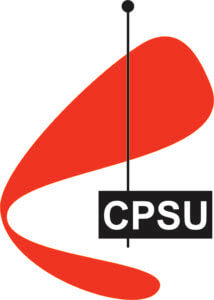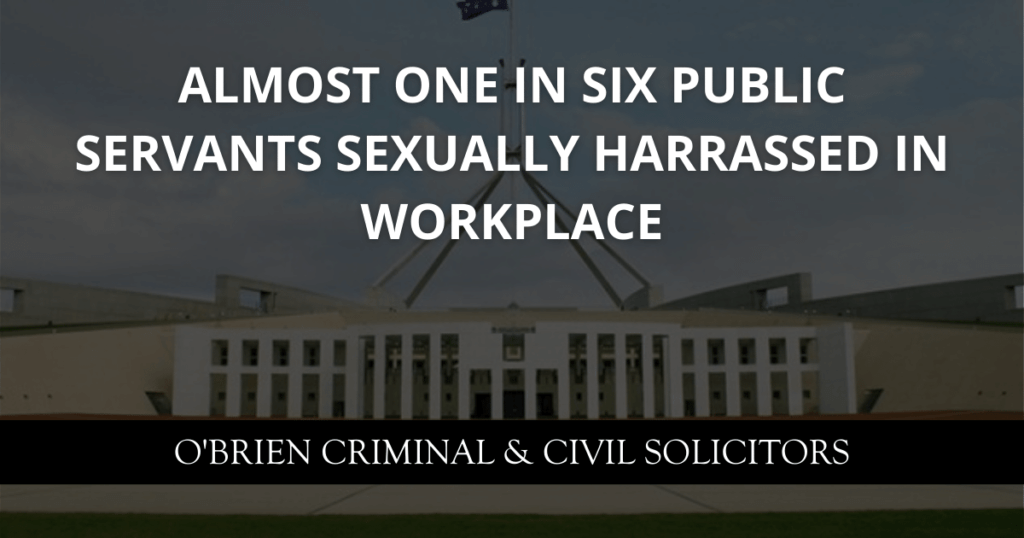 Almost one in six public servants have been subjected to sexual harassment in the workplace, according to a union survey.
Almost one in six public servants have been subjected to sexual harassment in the workplace, according to a union survey.
The survey from the Community and Public Sector Union (CPSU) found that 16 per cent of respondents had experienced sexual harassment in their current workplace.
The CPSU spoke to 3,280 public servants as part of the survey. The survey included those who work in the Federal, ACT and NT public sectors and adjacent agencies of CSIRO, ABC, Australia Post and Telstra.
Concerning number of respondents faced harassment in current role
Eighteen per cent of female respondents reported sexual harassment, alongside 11 per cent of their male colleagues. Thirty-five per cent of non-binary respondents indicated they had experienced harassment.
A quarter of employees with a disability and/or LGBTQI+ people recorded suffering sexual harassment in their current role.
The responses are a cause for concern as the Government tackles an array of allegations in relation to the treatment of women in Parliament and the public sector.
Only 31 per cent of sexual harassment incidents were reported. This is due to a lack of confidence that:
- the investigation would be impartial (32%);
- that the complaint wouldn’t change the situation (16%);
- that it may affect their career (15%); or
- concerns due to confidentiality (7%).
Sexual Harassment in the workplace
Sexual harassment is an offence under the Sex Discrimination Act 1984 (Cth) under section 28.
is an offence under the Sex Discrimination Act 1984 (Cth) under section 28.
It is an offence to sexually harass your employee, colleague, contractor, partner (in the company sense), or fellow workplace participant.
The meaning of sexual harassment, as defined in the act, includes:
- a person who makes an unwelcome sexual advance, or an unwelcome request for sexual favours, to the person harassed;
- or engages in other unwelcome conduct of a sexual nature in relation to the person harassed in circumstances in which a reasonable person, having regard to all the circumstances, would have anticipated the possibility that the person harassed would be offended, humiliated or intimidated.
‘Conduct of a sexual nature’ includes making a statement of a sexual nature to a person, or in the presence of a person. This is whether the statement is made orally or in writing.
According to the Australian Human Rights Commission examples of sexual harassment include:
- staring, leering or unwelcome touching
- suggestive comments or jokes
- sexually explicit pictures or posters
- unwanted invitations to go out on dates or requests for sex
- intrusive questions about a person’s private life or body
- unnecessary familiarity, such as deliberately brushing up against a person
- emailing pornography or rude jokes
- displaying posters, magazines or computer screen savers of a sexual nature
- communicating content of a sexual nature via social media, such as sending sexually explicit text messages.
If you have experienced sexual harassment in the workplace, contact our firm for a free confidential consultation on your rights and available remedies. Call us on 02 9261 4281 or email us at .






